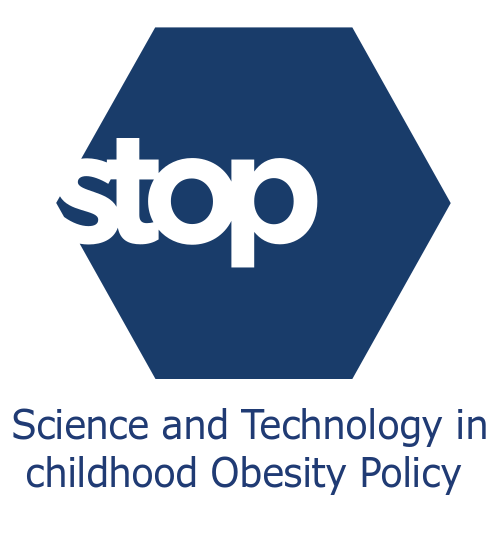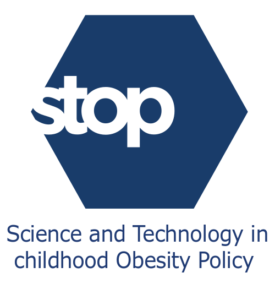Over 4.5 years (2018-22), the STOP project has generated scientifically sound, novel and policy-relevant evidence on the factors that have contributed to the spread of childhood obesity in European countries and on the effects of alternative technological and organisational solutions and policy options available to address childhood obesity.
The project brought together major actors in the health and food sectors, including scientists, healthcare professionals, government policy makers, national public health agencies, international organisations, civil society and business organisations.
The project has translated the evidence gathered to generate:
Indicators and measurements
A comprehensive set of indicators and a measurement framework for the epidemiological surveillance of relevant dimensions of childhood obesity, its determinants and actions to address it in all European countries
Policy briefs and toolkits
Policy briefs and toolkits providing practical guidance and tools for the design and the implementation of key policies
Multi-stakeholder framework
A viable multi-stakeholder framework based on effective communication and negotiation approaches, a sound use of the existing evidence base, and appropriate mechanisms for setting targets, monitoring progress and evaluating actions
As a result, we now have a stronger evidence base and a better understanding of opportunities for advancing policies to address childhood obesity. The evidence has demonstrated which interventions work best to address the drivers of childhood obesity, particularly in socially disadvantaged children, and how those interventions should be designed and implemented to ensure their efficacy. STOP's research has generated:
- the foundations for a standardised surveillance system of socioeconomic inequalities in childhood obesity across European countries and an extension of the COSI initiative to include the measurement of BMI in kindergarten children (age 4 and 5);
- a better understanding of the determinants of childhood obesity and an improved awareness of the effectiveness of interventions and policies in place;
- multiple insights into public and private sector policies to improve the food environment;
- improved knowledge translation tools to support policymakers when implementing policies to address childhood obesity;
- a stakeholder analysis and accountability framework to support a viable multi-stakeholder approach to childhood obesity;
- the ability to simulate the potential future impacts of policies, using the health-GPS microsimulation tool.
In line with the WHO Commission on Ending Childhood Obesity (ECHO) and with the EU Joint Action on Nutrition and Physical Activity (JANPA), STOP adopted a life course and intergenerational perspective, assessing the role of determinants of childhood obesity before birth and in the earliest years of life, as well as the role of parenting and parental lifestyles, and the long-term links between childhood obesity, adult obesity and disease throughout the life course.
STOP emphasised the environmental dimension of childhood obesity, recognising the role of different environments surrounding children as major contributors to obesity, and the diverse characterisations of obesity, with a special accent on those associated with the most detrimental outcomes in vulnerable and socially disadvantaged children.

